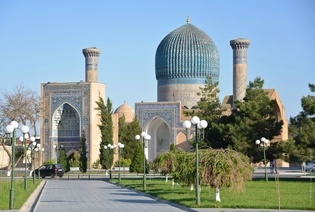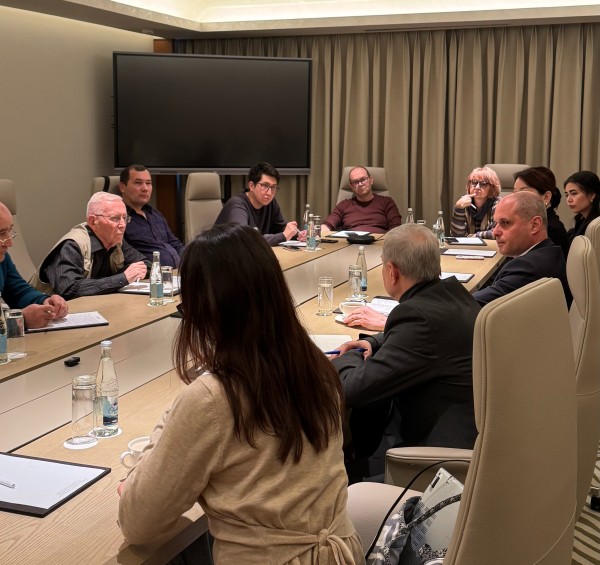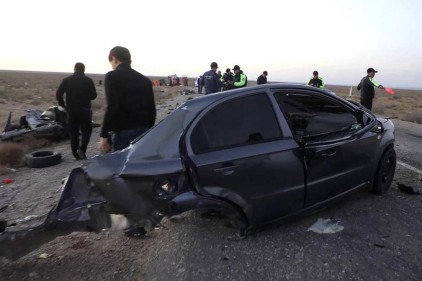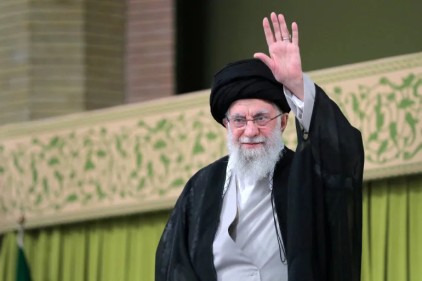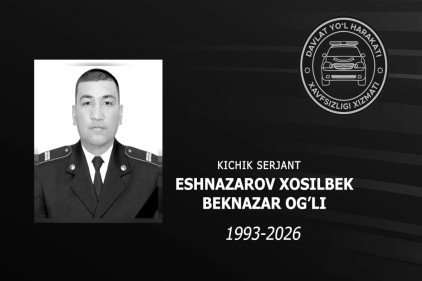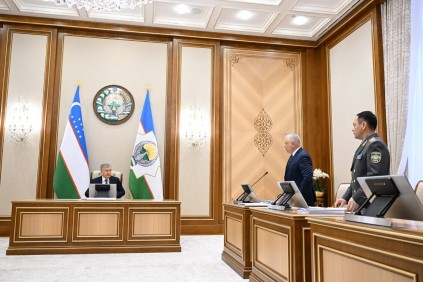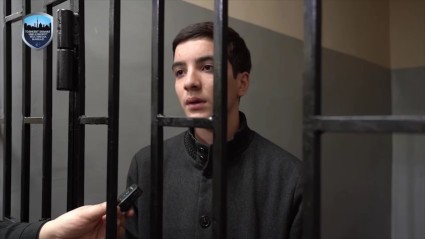The 43rd session of the UNESCO General Conference today opened in Samarkand — the first to take place outside Paris in nearly 40 years. The session coincides with the 80th anniversary of the organization’s founding.
The very fact that this global forum is taking place in a city whose historic center is included in the UNESCO World Heritage List symbolizes the importance of a region that for decades served more as a crossroads of world history than as an independent chapter of it.
On the streets of Samarkand, no one seems surprised: one only needs to look up at the Registan to understand that it has long deserved to host an international gathering of this scale. The UNESCO World Heritage List also includes the historic centers of other cities of Uzbekistan — Khiva, Bukhara and Shahrisabz.
Over 2,800 participants from 190 countries came to Central Asia with the agreement that cultural and human heritage must endure through the 21st century, amid artificial intelligence and political misunderstandings.
President of Uzbekistan Shavkat Mirziyoyev will deliver the opening address. Among the honorary guests are presidents of Serbia and Slovakia Aleksandar VuƒНiƒЗ and Peter Pellegrini. The session will feature more than 150 events, including over 20 proposed by Uzbekistan, the president’s spokesperson Sherzod Asadov announced at a briefing.
UNESCO has faced difficult years recently. The decision of the United States to withdraw from the organization for the second time by the end of 2026 reflects a symptom of global turbulence. Against this backdrop, the General Conference will adopt UNESCO’s work program and budget through 2027, as well as elect members of its governing bodies.
Khaled al-Anani, former minister of tourism and antiquities of Egypt, will be confirmed as the new director-general of UNESCO. In early October, he received 55 out of 57 votes in the organization’s Executive Board election.
Current director-general Audrey Azoulay leaves her post with the sense that during her eight-year tenure, UNESCO has managed to strengthen its position.
“In recent years, despite a divided world, we have managed to ease political tensions that once hindered us. We restored budgets and undertook ambitious efforts. Over the past eight years, our resources have doubled,” Azoulay said at the opening session.
As she steps down, Azoulay noted that UNESCO has become more transparent and flexible in responding to complex demands. “Together, we have engaged UNESCO in the new challenges of the 21st century, whether it is artificial intelligence or new technologies, the future of education or the ethics of technology. We have made UNESCO faithful to its mission while enabling it to face modern challenges,” she emphasized.
The conference in Samarkand will address issues such as discrimination in education and illiteracy; the study of national cultures and the training of local specialists; challenges in social sciences, geology, oceanography and the biosphere.
For Uzbekistan, this event represents more than future plans. In recent years, the country has achieved international recognition for its heritage: 14 elements of intangible culture, Bukhara’s inclusion in the Creative Cities Network, scientific cooperation and digital projects in education.
The Samarkand forum demonstrates that sustainable development is not only about roads, infrastructure and investments. It is also about the confidence that a nation’s history is worthy of its future. No technology can replace the assurance that what we take pride in will not disappear. And in Samarkand, that confidence seems to have found its home.

